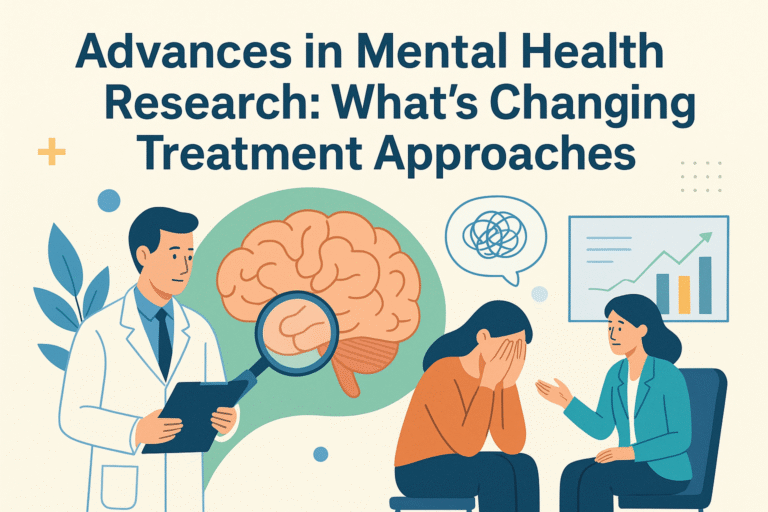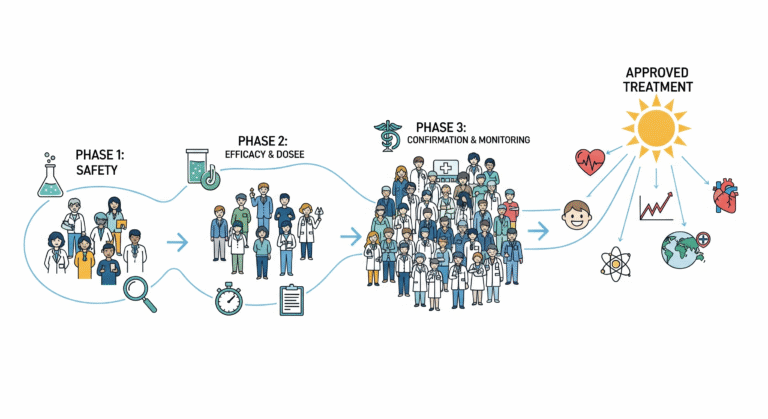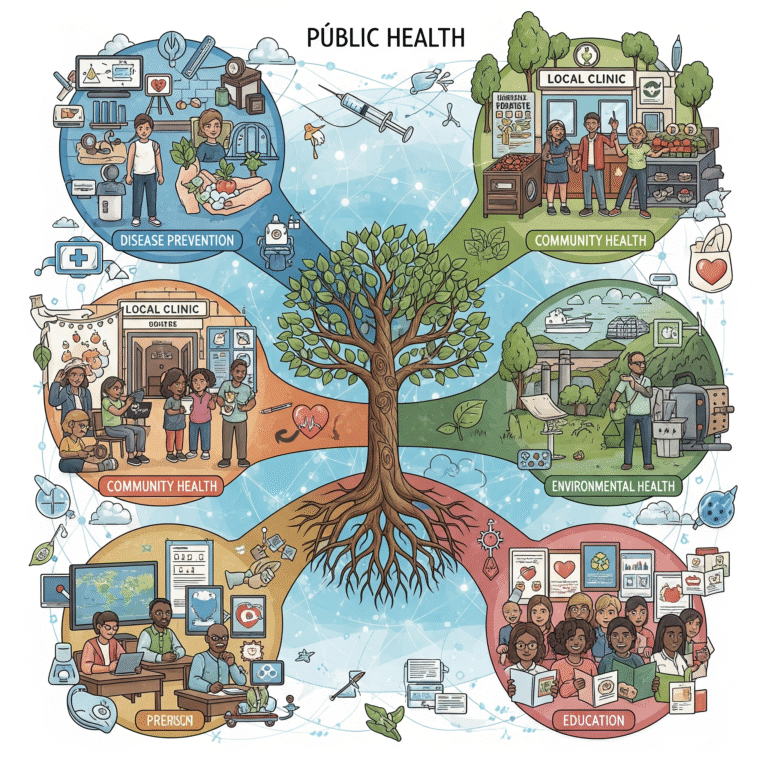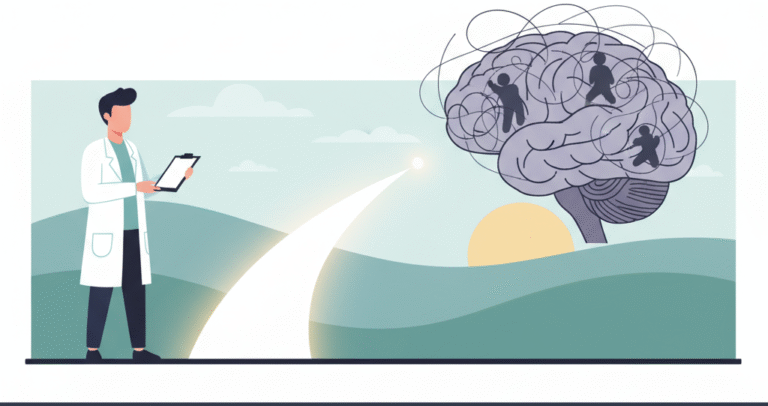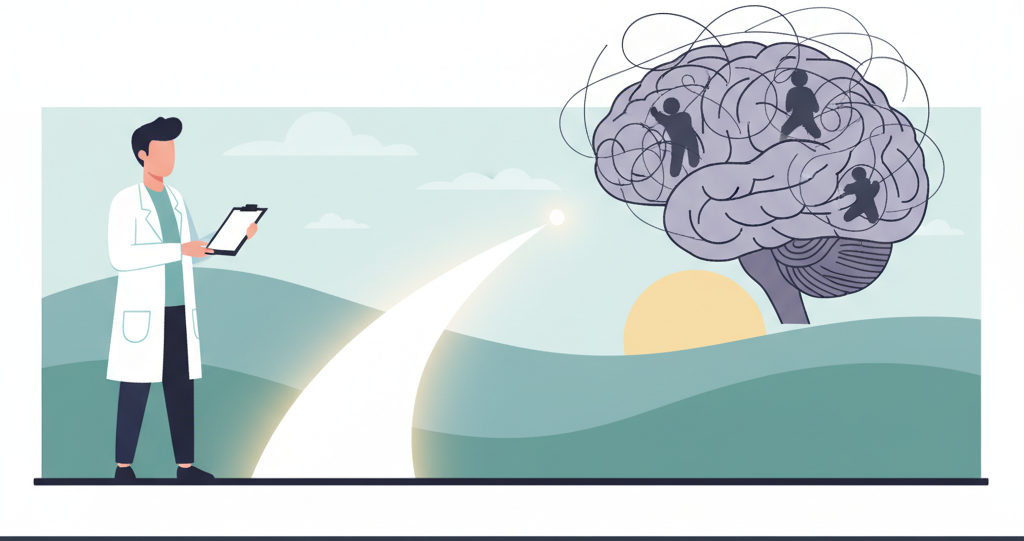
Anxiety Disorders: How Clinical Psychology Provides Relief

Anxiety Disorders: How Clinical Psychology Provides Relief
Introduction: Understanding Anxiety in Today’s World
In today’s fast-paced society, anxiety disorders are among the most common mental health conditions worldwide. Millions of people experience persistent worry, fear, or panic that interferes with daily life. Unlike normal stress, which is temporary, anxiety disorders are chronic and can severely impact quality of life if left untreated.
Fortunately, advances in clinical psychology have provided effective and research-backed approaches to managing anxiety. By combining therapy, coping strategies, and scientific insights, clinical psychology offers long-term relief for individuals struggling with anxiety disorders.
What Are Anxiety Disorders?
Anxiety disorders are a group of mental health conditions characterized by excessive fear, worry, or nervousness. These feelings often occur without a clear cause and can become overwhelming. Common anxiety disorders include:
- Generalized Anxiety Disorder (GAD): Chronic worry about everyday situations.
- Panic Disorder: Sudden, repeated panic attacks with physical symptoms like chest pain or dizziness.
- Social Anxiety Disorder: Intense fear of social situations and judgment.
- Phobias: Extreme fear of specific objects or situations.
- Obsessive-Compulsive Disorder (OCD) and Post-Traumatic Stress Disorder (PTSD): Often considered related but overlapping conditions.
According to the World Health Organization (WHO), anxiety disorders affect nearly 301 million people globally, making them one of the most pressing public health concerns.
How Clinical Psychology Approaches Anxiety Disorders
Clinical psychology uses scientific research, evidence-based therapies, and patient-centered approaches to treat anxiety disorders. Unlike medication alone, which may reduce symptoms temporarily, clinical psychology focuses on addressing underlying thought patterns, behaviors, and coping strategies.
The primary goal is to help individuals understand their anxiety, manage triggers, and build resilience. Clinical psychologists often use structured therapies like CBT or mindfulness-based interventions to produce lasting improvements.
Evidence-Based Therapies for Anxiety
One of the strengths of clinical psychology is its reliance on evidence-based therapies, supported by decades of research.
Cognitive Behavioral Therapy (CBT)
CBT is considered the gold standard for treating anxiety. It helps patients identify negative thought patterns, challenge irrational beliefs, and replace them with healthier perspectives. Studies show that CBT can significantly reduce symptoms of GAD, panic disorder, and social anxiety.
Exposure Therapy
Often used for phobias and PTSD, exposure therapy gradually introduces individuals to anxiety-provoking situations in a controlled setting. This reduces fear responses over time, retraining the brain to perceive threats differently.
Mindfulness-Based Cognitive Therapy (MBCT)
By combining mindfulness practices with traditional therapy, MBCT teaches individuals to stay present, reducing the impact of anxious thoughts.
Acceptance and Commitment Therapy (ACT)
ACT focuses on accepting difficult thoughts rather than fighting them, while committing to behaviors aligned with personal values. Research supports its effectiveness in treating generalized anxiety and social phobia.
The Role of Medication and Integrated Care
While clinical psychology focuses on psychotherapy, it often works in tandem with psychiatry. Medications like SSRIs or benzodiazepines may provide short-term relief, especially for severe cases. However, combining medication with therapy produces the best outcomes, as therapy addresses root causes while medication manages symptoms.
This integrated approach is a hallmark of modern clinical psychology, ensuring patients receive comprehensive care.
Research on Anxiety and Clinical Psychology
Medical research continues to demonstrate the effectiveness of clinical psychology in treating anxiety disorders. Large-scale clinical trials confirm that CBT and other therapies provide relief equal to or greater than medications for many patients.
Brain imaging studies show that psychotherapy can alter neural pathways, reducing hyperactivity in the fear centers of the brain. This evidence reinforces the idea that clinical psychology not only improves mental health but also produces measurable biological changes.
Coping Strategies Recommended by Clinical Psychologists
Beyond therapy sessions, clinical psychology equips patients with practical coping skills. These include:
- Practicing relaxation techniques like deep breathing and progressive muscle relaxation.
- Building healthy routines with regular sleep, balanced diet, and exercise.
- Reducing caffeine and alcohol intake, which can worsen anxiety.
- Journaling to identify triggers and monitor progress.
- Using gradual exposure to face fears instead of avoiding them.
Such strategies empower patients to manage anxiety daily, creating independence and confidence.
Challenges in Treating Anxiety Disorders
Despite progress, challenges remain. Stigma continues to prevent many people from seeking help, particularly in low- and middle-income countries. Access to trained clinical psychologists is also limited in many areas.
Additionally, anxiety disorders often overlap with other mental health conditions like depression, requiring complex treatment plans. Expanding research, increasing awareness, and investing in clinical psychology training are crucial steps toward overcoming these barriers.
The Future of Anxiety Treatment in Clinical Psychology
The future is promising. Advances in technology are reshaping therapy delivery. Telepsychology now provides online therapy sessions, breaking down barriers of geography and stigma. Mobile health apps help patients track anxiety symptoms and practice coping strategies.
Artificial intelligence is being explored to predict relapses and personalize therapy. Research into genetic markers and brain imaging may soon make precision psychology a reality, tailoring interventions to individual biology and psychology.
These innovations, combined with traditional evidence-based therapies, ensure that clinical psychology will remain at the forefront of anxiety treatment.
Conclusion: Clinical Psychology as a Lifeline for Anxiety
Anxiety disorders are not just common—they are debilitating. But through research-driven, evidence-based approaches, clinical psychology provides relief that is lasting and transformative. By addressing thought patterns, behaviors, and coping skills, therapy empowers individuals to manage anxiety effectively.
From CBT and exposure therapy to mindfulness and integrated care, clinica psychology offers diverse tools tailored to patient needs. Advances in research and technology will only make these treatments more precise, accessible, and effective in the future.
Ultimately, clinical psychology not only treats anxiety—it restores hope, confidence, and quality of life.

For more related article visit Medical Research and Analysis or see our next article click here

